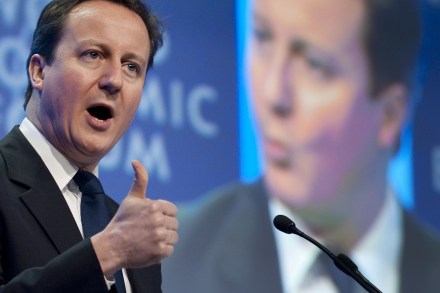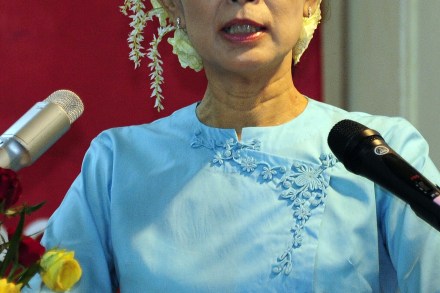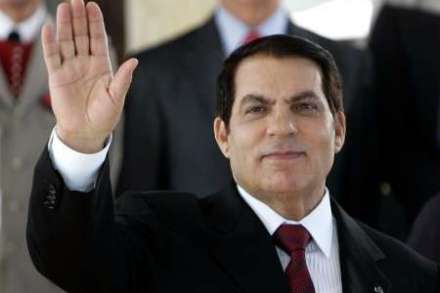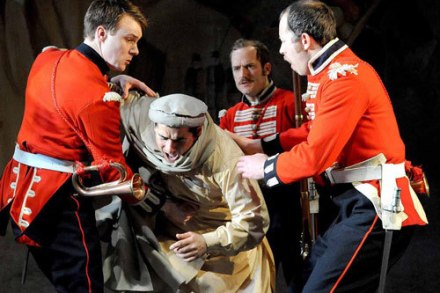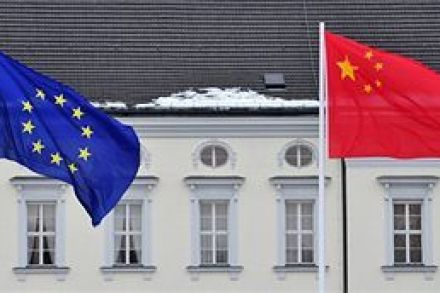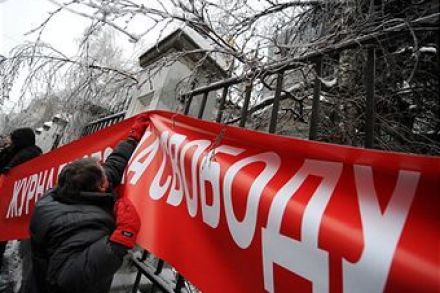Cameron’s gloomy brand of optimism
A weird, sprawling kind of speech from David Cameron in Davos this morning. It started off on an unusually, if expectedly, gloomy note: all talk of Europe’s debt-induced decline in the face of competition from India, China and Brazil. And he emphasised, of course, that Britain would, and should, stick to its current trajectory of “tough” deficit reduction. But it’s where it went from there that was more striking still. Cameron contrasted his position with that of “the pessimists”. These people, he claimed, have a charter which includes propositions such as, “we in Europe are incapable of solving our debt and deficit problems,” and, “we’re attached to liberal values that
